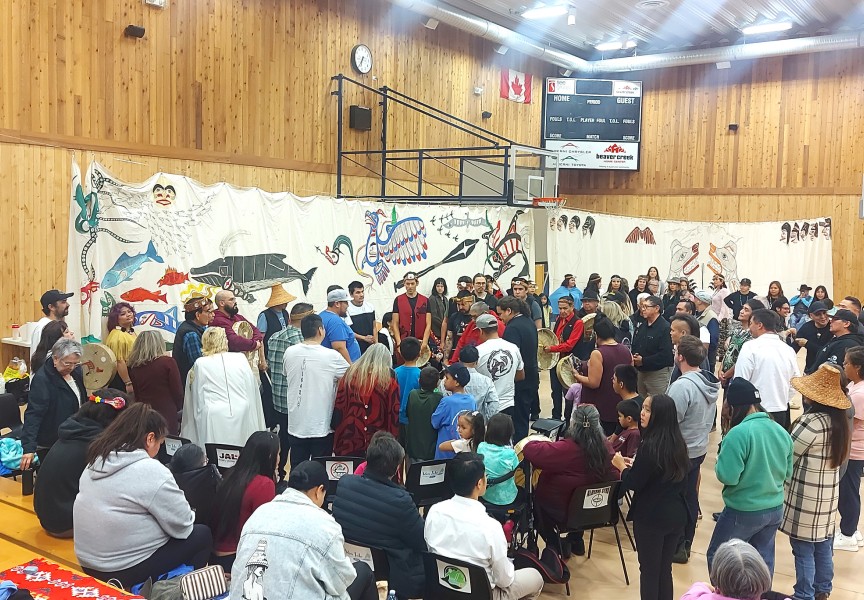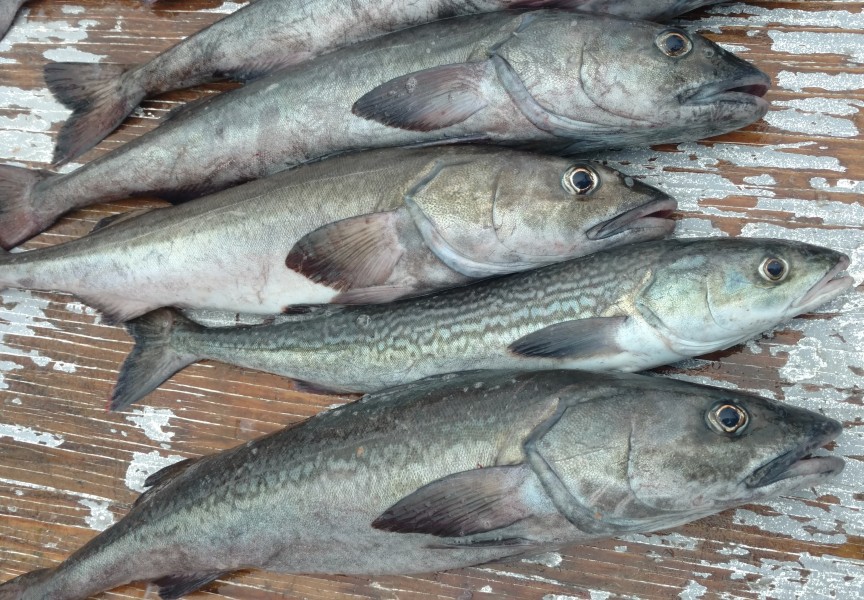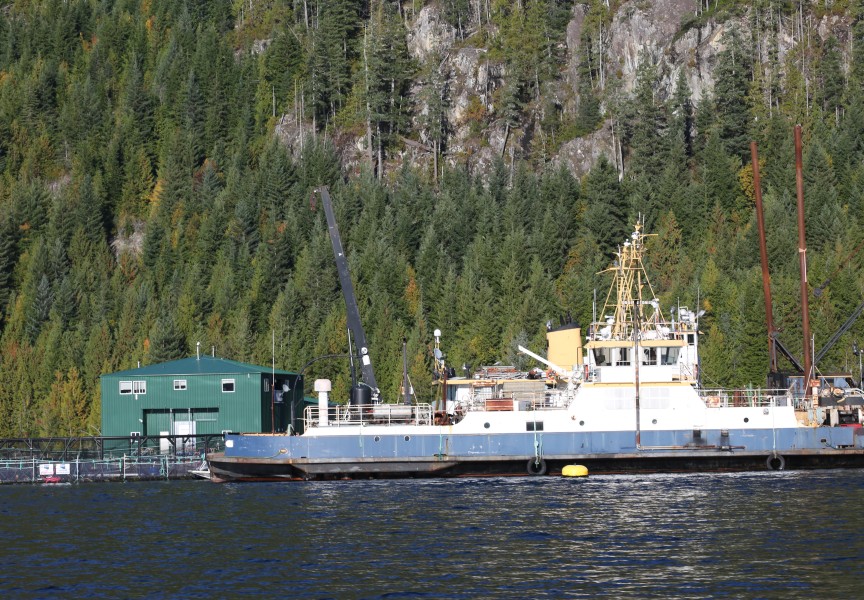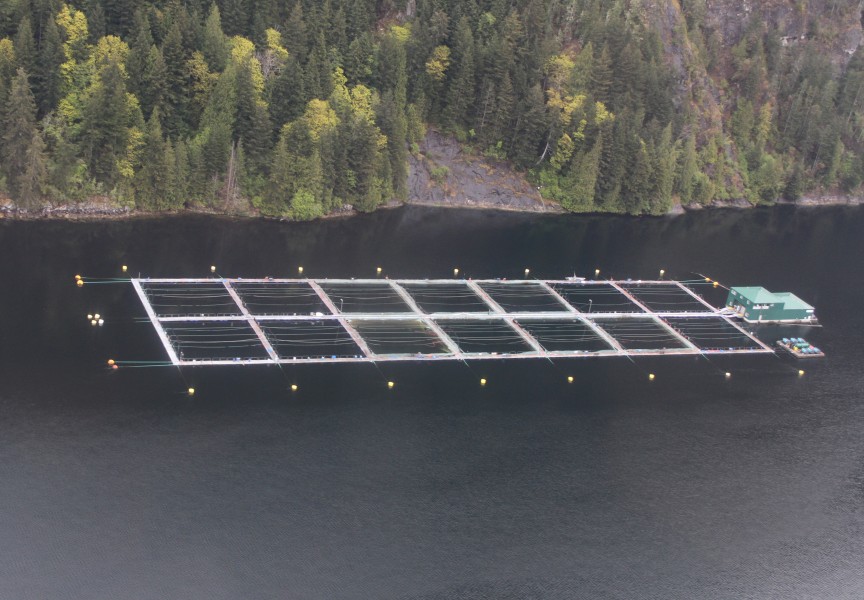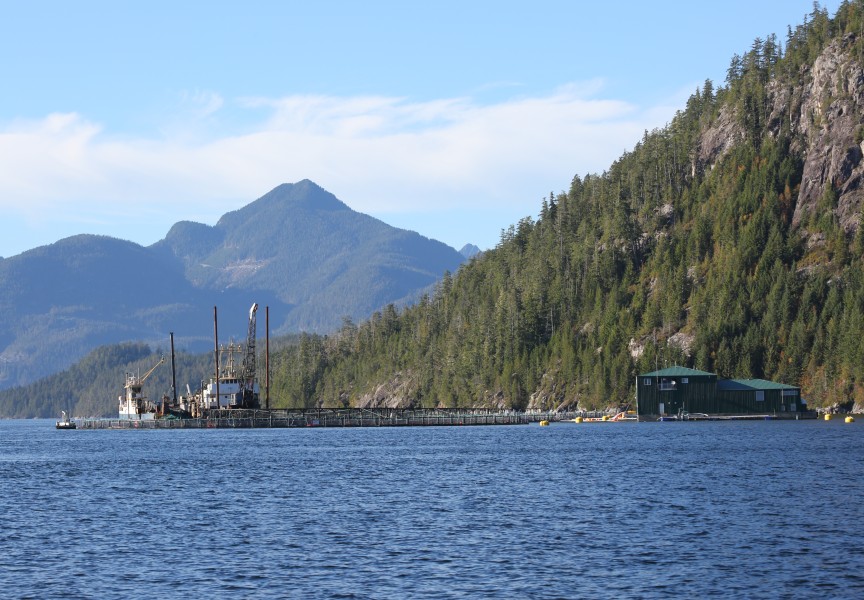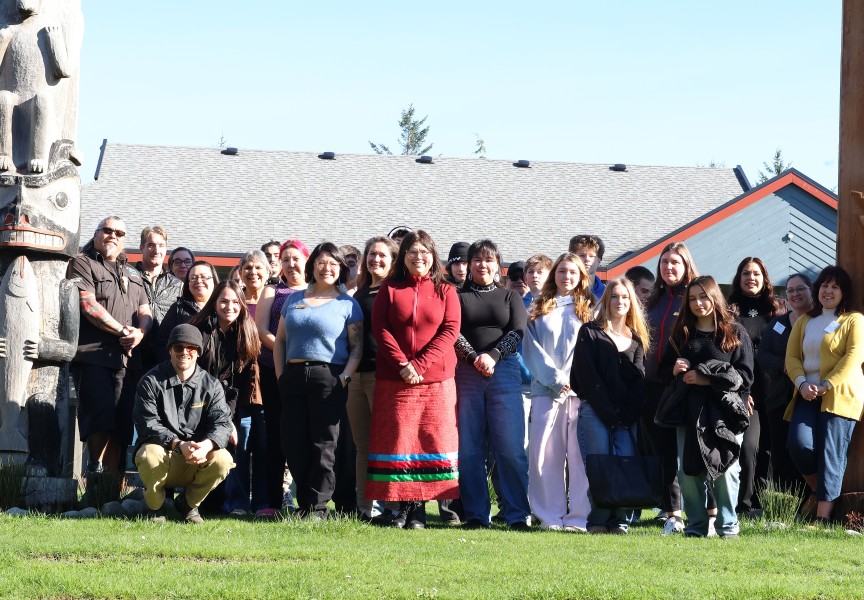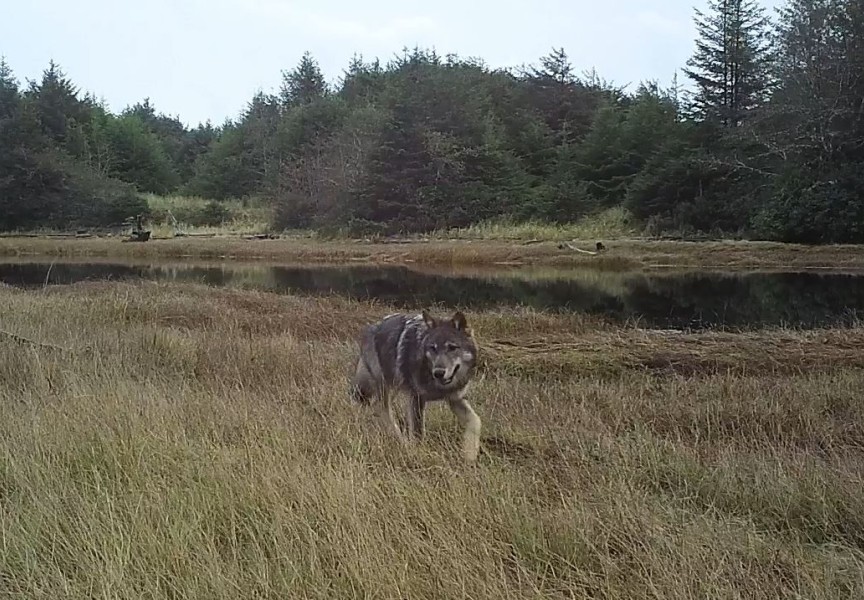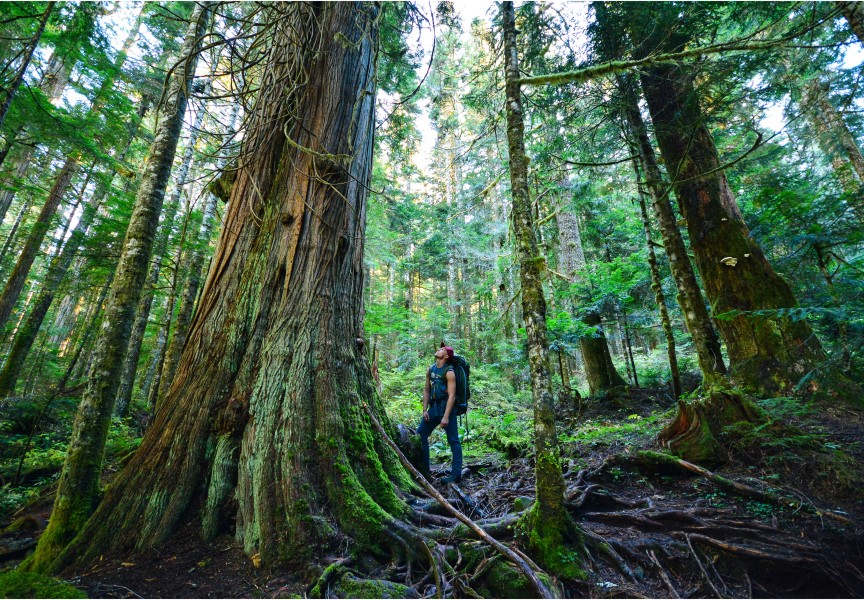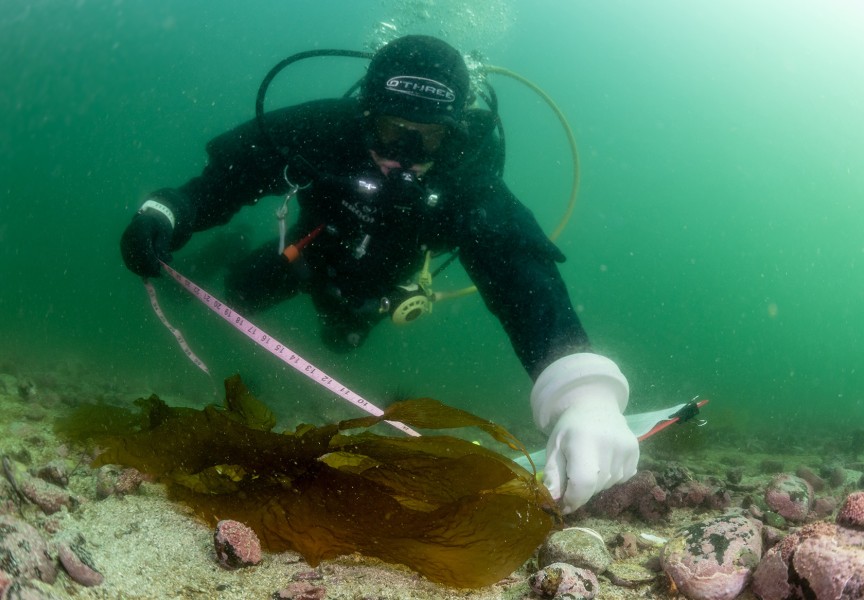Small town whispers about an orca swimming into a fish farm near Tofino are true.
On the morning of Feb. 18, 2025 a killer whale swam into the infrastructure at Creative Salmon’s Baxter Islets facility in Clayoquot Sound, states a May 23 email statement from Fisheries and Oceans Canada (DFO).
“The animal safely swam back out shortly after on the same day,” said the department, which is responsible for the conservation and protection of marine mammal species in Canadian waters, as well as managing licences for aquaculture operations in B.C.
Tim Rundle, Creative Salmon’s managing director, says staff observed the orca near a predator net.
“The farm was in transition and there were no fish on site,” said Rundle in a May 22 email, four months after the incident occurred.
Rundle said that the fish farm was being prepped to receive smolts in the spring, and part of that preparation involved removing the predator net.
“The predator net surrounds the entire farm under the grower nets and up above the waterline on all sides; creating a barrier between marine mammals and the fish growing in the nets,” said Rundle. “To remove the predator net from the site, the net is cut into panels that are later hoisted out of the water with a crane on a boat or a barge.”
“The orca was not in distress and was swimming freely,” Rundle continued. “Given that the nets were loose and cut into sections, the orca had many routes to leave. To help this to happen even more quickly, the crew lowered the net near the orca. It then swam away and rejoined its nearby pod.”
Creative Salmon made a call to Fisheries and Oceans Canada (DFO) and then reported to the Observe, Record, Report (ORR) line, according to Rundle. The fish farm company then “contracted an external barge company to assist in getting the predator net panels out of the water more quickly than the company could do in-house.”
DFO corroborated Creative Salmon’s statement saying that the site was not culturing fish when the orca entered the area, and no containment nets were present.
“Staff were in the process of removing the outside predator net, which created an opening through which a killer whale entered. To release the animal, the other side of the net was lowered, and the killer whale swam out freely. The predator net has since been fully removed,” said DFO.
It is unclear as to how long the orca was “swimming freely” in the predator net.
Creative Salmon operates within the traditional territory of the Tla-o-qui-aht Hawiih (Chiefs). They have a dated protocol agreement with Tla-o-qui-aht First Nation (TFN) from 2014.
Tla-o-qui-aht Chief Elmer Frank says Creative Salmon did not inform them about the Feb. 18 orca incident, and that clarity is needed on the relationship status between TFN and Creative.
Orcas, or kakaw̓in as they’re called in Nuu-chah-nulth language, are highly respected species within First Nations communities up and down the coast. Tla-o-qui-aht elder Joe Martin says kakaw̓in often represent the female ancestry and teachings from another tribe.
“It’s how all this knowledge was passed over the whole coast,” said Martin.
He told the Ha-Shilth-Sa he was “quite shocked” upon learning, months after the incident took place, that an orca had entered a fish farm area.
“How on earth could an orca wind up in a pen? Those farm areas are disgusting,” said Martin. “I figure that orca may have dove for a seal or something.”
He thinks the sooner fish farms are removed from Clayoquot Sound, the better the water and the wild salmon stocks will be.
“I want them the hell out. In the Broughton Archipelago where they have gotten rid of the farms, the salmon returned. The runs of fish have rebounded. There are positive effects from removing fish farms,” said Martin.
In 2018, the Mamalilikulla, Namgis, and Kwikwasut’inuxw Haxwa’mis First Nations began working with aquaculture operators and the government to decommission fish farms and support the recovery of wild salmon in the Broughton Archipelago (DFO Area 12), located on the central coast of B.C.
Declines in Pacific salmon abundance are widespread across B.C. and Yukon, according to the 2024 State of Salmon report published by the Pacific Salmon Foundation, and factors affecting the state of salmon are not limited to aquaculture. Climate change and fluctuations in ocean conditions impact salmon throughout their life cycle as does industrial development like forestry, poor fisheries management and hatchery salmon interbreeding with wild salmon, reducing genetic diversity and resilience.
DFO encourages everyone to report possible occurrences of whales being harassed or disturbed, and instances of collision with whales or whale entanglements by calling the Fisheries and Ocean’s Observe, Record, Report/Marine Mammal Incident Hotline at 1-800-465-4336 or by email at: DFO.ORR-ONS.MPO@dfo-mpo.gc.ca.
For current marine mammal guidelines visit: Canadian Marine Mammal Regulations.






